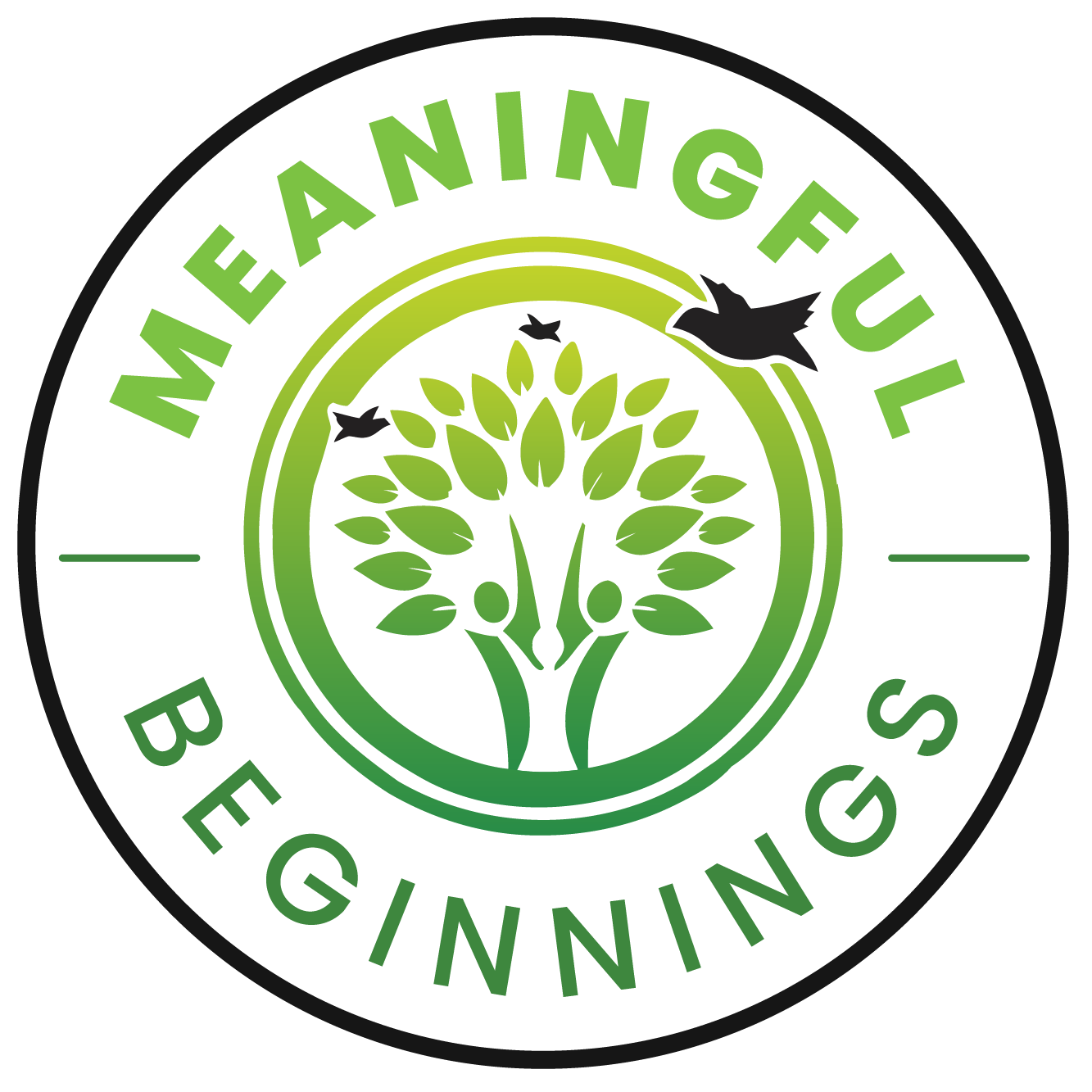Parents and teachers can establish an effective parent-teacher partnership by having open and transparent communication and attending regular parent-teacher conferences.
Parent-teacher partnerships are essential for the academic success and well-being of students. When they work together, they can create a positive and supportive learning environment for children.
Building and maintaining effective parent-teacher partnerships can be challenging. Most parents are busier than ever nowadays. How can parents and teachers overcome the barriers and build a strong and lasting relationship?
By following 10 proven tips for establishing effective parent-teacher partnerships, parents can get involved in their child’s education and help create a supportive learning environment that promotes both social and emotional growth and academic success.
10 Proven Tips for Establishing Effective Parent-Teacher Partnerships
Positive parental involvement and support can make a big difference in a child’s education. So, teachers must make every effort to establish productive collaborations with parents.
As a parent, you must collaborate with your child’s teacher to improve their academic outcomes at all ages. Here are ten proven tips for establishing effective parent-teacher partnerships.
1. Open and Transparent Communication
Communication is the key to any successful relationship. The parent-teacher partnerships are no exception. Parents and teachers should communicate regularly and openly. They should discuss the student’s progress, strengths, challenges, goals, and needs. They should also share their expectations, concerns, and feedback.
Communication can take various forms, such as emails, phone calls, newsletters, notes, or online platforms. The important thing is to keep the communication clear, respectful, and constructive.
2. Identify and Respect Family Priorities
Parents may have different priorities and perspectives about the student’s education. For example, some parents may value academic achievement more than social skills. In contrast, some teachers may emphasize creativity more than discipline.
These differences are natural and normal. They should not be a source of conflict or judgment. Instead, parents and teachers should identify and respect each other’s priorities and try to understand their origins. They should also acknowledge and appreciate each other’s efforts and contributions.
3. Recognize Family Cultures & Respect their Culture
Parents and teachers may also come from different cultural backgrounds. They may have different beliefs, values, and practices. These cultural differences can cause misunderstandings or miscommunication between students and teachers.
So, teachers should recognize and respect the diversity of family cultures. Also, they should be sensitive to their needs and preferences. Further, they should avoid making assumptions or stereotypes and be open to learning from each other.
4. Regular Parent-Teacher Conferences

Parent-teacher conferences are a great opportunity for parents and teachers to meet face-to-face. It allows them to discuss the student’s performance, behavior, and development. It can help parents and teachers to establish rapport, exchange information, address issues, and set goals.
These conferences can also help parents and teachers see each other as partners and allies rather than competitors. Educational institutes should arrange parent-teacher conferences at least twice a year. They should plan and prepare these parent-teacher conferences in advance.
5. Attend School Meetings and Workshops Whenever Possible
School meetings and workshops are another way for parents and teachers to connect and collaborate. They can provide parents and teachers with valuable information, resources, and support. They can also help parents take part in decision-making in the school community.
School meetings and workshops can include events such as open houses, curriculum nights, parent-teacher associations, or professional development sessions. Parents and teachers should attend these events whenever possible and make the most of them.
6. Take Time to Meet with Each Other and Listen Carefully
Sometimes, parents and teachers may need to meet with each other outside of the formal settings of conferences, meetings, or workshops. These informal meetings help parents and teachers to build trust, rapport, and understanding.
Moreover, informal meetings help them address any issues or concerns promptly and respectfully. Parents and teachers should meet and listen carefully to what each other has to say. They should also avoid interrupting, criticizing, or blaming each other.
7. Involving Parents in Decision-Making
Involving parents in decision-making is among the crucial proven tips for establishing effective parent-teacher partnerships. Parents and teachers should communicate, collaborate, and involve each other in decision-making. They should respect each other’s opinions and expertise and seek each other’s input and feedback.
Additionally, they should consider each other’s perspectives and preferences. It will help them to come to an agreement or compromise. Parents and teachers should involve each other in decisions that affect the student’s education. It can be the student’s curriculum, assessment, intervention, or enrichment.
8. Utilize Digital Communication Platforms
Digital communication platforms can be useful for parents and teachers to stay in touch and share information. Digital platforms, including websites, apps, social media, and online portals, are effective communication platforms for teachers and parents.
These platforms can help parents and teachers communicate more efficiently and effectively. They can also access and track the student’s progress, assignments, grades, and attendance. Parents and teachers should use these platforms and update and secure them constantly.
9. Navigate Scheduling Conflicts Effectively
One of the common challenges that parents and teachers face is scheduling conflicts. Parents and teachers may have busy and conflicting schedules that make meeting or communicating difficult.
But, scheduling conflicts should not be an excuse or a barrier for parent-teacher partnerships. Instead, parents and teachers should navigate scheduling conflicts effectively and find ways to accommodate each other. They should also be flexible and creative and use alternative methods of communication, such as video calls, voice messages, or texts.
10. Let Parents Know What their Child is Doing Well
Teachers should not forget to let parents know what their child is doing well. Parents and teachers should celebrate the student’s achievements, improvements, and efforts. They should also praise and encourage the students and show them that they are proud of them.
Parents and teachers should let each other know what the student is doing well. They must share the joy and satisfaction of seeing the student grow and learn.
Conclusion
Parent-teacher partnerships are vital for the student’s success and happiness. Parents and teachers should work together as a team and support each other.
Parents and teachers can lay the groundwork for a collaborative journey that enriches students’ educational experiences by establishing open and transparent communication, attending school meetings and workshops, involving parents in decision-making, and utilizing digital communication platforms.
By following these proven tips for establishing effective parent-teacher partnerships, parents and teachers can establish effective partnerships that benefit the student, themselves, and the school.








